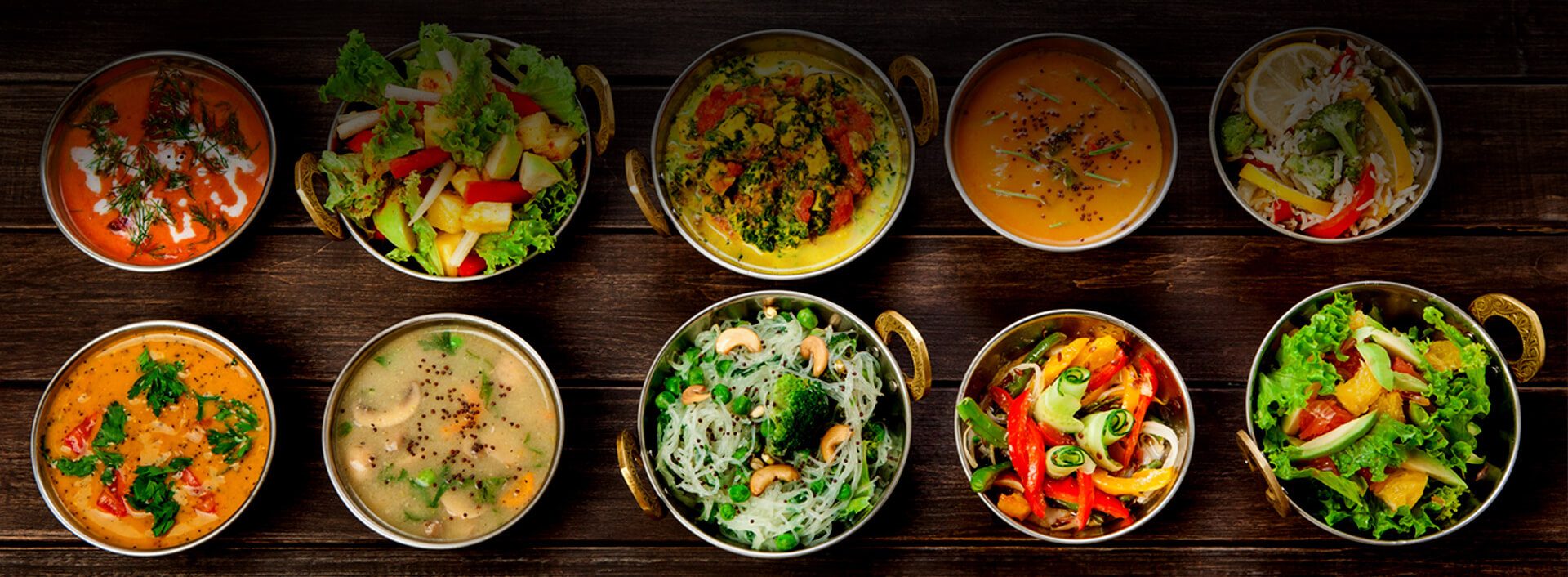The Rogan Josh story; Know about it and have it at a restaurant offering delicious Indian cuisine in Bali
The undeniably tender pieces of lamb or goat meat, the bold and strong spices and warm thick curry. Drooling already? This is what makes for an uber delicious bowl of the lovely Rogan Josh. A Persian dish it majorly hails from the Kashmir region. The heat and warmth the dish produces is much devoured in the cold beautiful valleys of Kashmir. Rogan means clarified butter in Persian while Josh stands for strong and fiery in Hindi. Thus, it makes for an oil-based dish cooked with intense heat. Here’s a little insight into the story of this strong dish’s making by Queens, a restaurant offering Indian cuisine in Bali.
History
Come summer month’s and Mughals would migrate to the picturesque and cool lands of Kashmir. With their presence, there was seen a blossoming of Kashmiri cuisine. The result of this blossoming was the heavenly Rogan Josh. The benefits of which we still reap as a restaurant offering Indian dining in Kuta, Nusa Dua, Seminyak and Ubud.
Even in Kashmir, the dish witnesses variations in its cooking style especially depending upon the religion. The Kashmiri Brahamans surprisingly enough, have no qualms in consuming Rogan Josh but they avoid onion and garlic. Thus, their preparation uses asafetida and fennel seeds. The Muslim version of the dish is imbibed with a generous bit of onion and garlic. This variant of the dish is also prepared in the Kashmir famous Maval (cockscomb) plant. This is the herb responsible for the dish’s lovely red colour.
Wazwan
As an Indian caterer in Bali we knew that to have a complete know-how of the dishes we serve was important. Thus, our research pointed us to the dish being a prominent dish in the Kashmiri Wazwan. It is a 36-course traditional and ceremonial Kashmiri feast, seven out of these are permanent dishes, without which the wazawan is incomplete. Rogan Josh is one of those permanent dishes.
Influences
The Persian and Central Asian influences on Mughlai cuisine is rather prevalent in the Ain-e-Akbari recipes. The Mughals called for large quantities of saffron and asafetida, favorite Persian flavorings and cultivated these plants in the subcontinent. We also imbibe our famous Rogan Josh at Queens Tandoor Bali with these strong and famous Persian spices. It was noticed that asafetida when cooked in oil, gave off a very garlicky flavor and hence made for a great substitute for onion and garlic.
Preparation
- Marinate the meat pieces in Yoghurt, Coriander leaves, grated ginger, 1 tsp of Kashmiri red chilli powder and 1 tsp asafetida powder.
- Leave it in the fridge overnight.
- Next day, start with heating oil in a pan.
- Once heated add asafetida and/or onions.
- Add cardamom pods to the mixture
- Add bay leaves, cloves, whole pepper, whole red chillies and cinnamon sticks
- Add mace and nutmeg powder
- Keep stirring and then add fennel powder
- Leave it for 10 minutes and stir it occasionally
- Add the Mutton pieces
- Add chicken stock or water. Simmer for 30 minutes
- Take some milk in a small bowl and add saffron to it, once it turns a yellow colour, add the milk to the Mutton.
- Stir and cover, leaving it slightly ajar for an hour.
- Add salt, Kashmiri red chilli powder and turmeric powder.
Your bowl of goodness is ready to be served hot.
If it’s too much of an effort, head down to out Indian restaurant in Ubud, Nusa Dua, Seminyak or Kuta.


